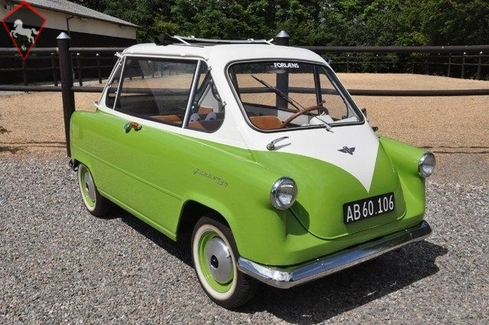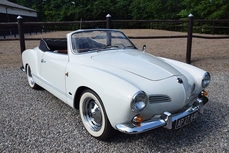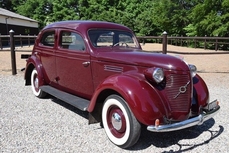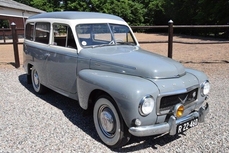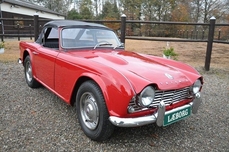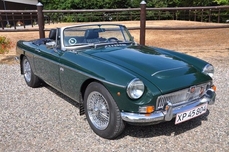Zundapp Janus 1958
General description :
Extrem seltenes Modell. Zündapp Autos war nur für 1 ½ Jahre 1957/1958 gemacht und es gab nur 6.902 Exemplare insgesamt produziert. Zündapp Janus wurden nie in Dänemark verkauft und dieses Exemplar ist etwa das einzige im Land vorhandenen. Das Auto ist hier nach Dänemark aus der Tschechischen Republik gekommen, wo es auf das Museum war und wurde von der Familie des Mannes, der Zündapp Janus 1957/58 produziert hatte Besitzt. Das Auto ist in einem Top-Zustand über alles und kann nicht beschrieben werden, sondern muss erlebt werden. Hier werden Sie mit einem Lächeln, wo immer es scheint zu erfüllen. Im Mai 2015 war eine Zündapp Janus bei einer Auktion in England, wo der geschätzte Preis war 32.000 bis 36.000 Pfund (etwa 42.950 bis 48.300 Euro). Hier erhalten Sie eine einzigartige Investitionsobjekt. Kontaktieren Sie Karsten tel. +45 22 74 53 54 / karsten@lah.dk
http://home.mobile.de/LAEBORGAUTOHANDEL#des_211100049
1958 Zundapp Janus is listed sold on ClassicDigest in Å dalen 23 6600 Vejen, Denmark by Auto Dealer for €34900.
Car Facts
Car type : Car Make : Zundapp Model : Janus Engine size : 0.2 Model Year : 1958 Location : Å dalen 23 6600 Vejen, Denmark Vehicle Registration : Normal
Sold
Seller Information
Sold
Other cars listed for sale by this dealer
About Zundapp
Zündapp was a renowned German manufacturer known for producing motorcycles, bicycles, and even automobiles during its existence. Here's an overview of Zündapp's story:Early Years:
Founding: Zündapp was founded in 1917 in Nuremberg, Germany, by Fritz Neumeyer and Friedrich Krupp. Initially, the company produced detonators for artillery shells during World War I.
Transition to Motorcycles: After the war, Zündapp shifted its focus to manufacturing motorcycles and bicycles, leveraging its engineering expertise to produce reliable and innovative two-wheelers.
Motorcycle Production and Innovations:
Success in Motorcycles: Zündapp gained popularity in the 1930s and 1940s for producing a wide range of motorcycles, from small-capacity commuter bikes to larger, more powerful machines.
Innovative Designs: The company was known for its innovative designs and engineering prowess. Zündapp introduced models with advanced features for their time, such as hydraulic front suspension, enclosed shaft drive, and horizontally opposed twin-cylinder engines.
World War II and Post-War Era:
War Production: During World War II, Zündapp, like many German companies, shifted production to support the war effort, producing motorcycles for the military.
Recovery and Challenges: After the war, Zündapp faced challenges associated with post-war reconstruction, but the company resumed motorcycle production and began focusing on affordable, smaller capacity bikes to meet the demands of the recovering economy.
Decline and End of Production:
Challenges in Market Competition: Zündapp faced tough competition from other motorcycle manufacturers, both domestically and internationally. Economic challenges and changing market demands impacted the company's profitability.
End of Operations: Despite efforts to stay afloat, Zündapp faced financial difficulties in the 1980s. In 1984, the company declared bankruptcy, leading to the end of motorcycle production under the Zündapp name.
Legacy:
Historical Significance: Zündapp left a significant legacy in the motorcycle industry, especially in the pre- and post-war era, known for its technological innovations and quality engineering.
Collectibility: Zündapp motorcycles, especially the models produced in the mid-20th century, remain highly collectible among motorcycle enthusiasts and collectors due to their historical significance and engineering excellence.
Zündapp motorcycles, with their innovation, reliability, and contributions to the motorcycle industry, hold a special place in the history of German engineering and continue to be appreciated by motorcycle enthusiasts for their craftsmanship and technological advancements.
